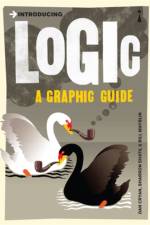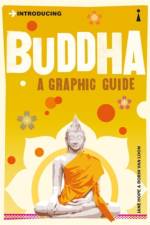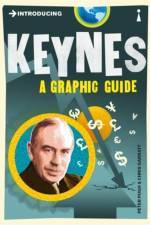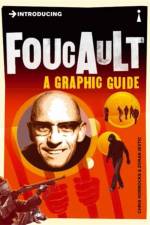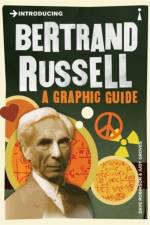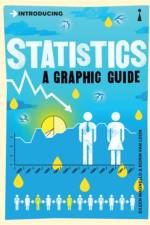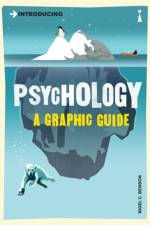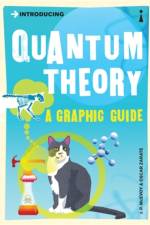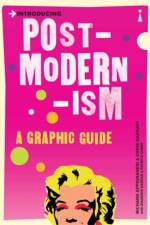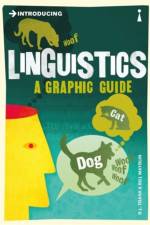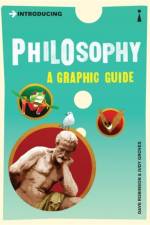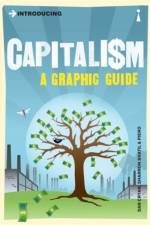- A Graphic Guide
av Eileen Magnello
137
From the medicine we take, the treatments we receive, the aptitude and psychometric tests given by employers, the cars we drive, the clothes we wear to even the beer we drink, statistics have given shape to the world we inhabit. For the media, statistics are routinely 'damning', 'horrifying', or, occasionally, 'encouraging'. Yet, for all their ubiquity, most of us really don't know what to make of statistics. Exploring the history, mathematics, philosophy and practical use of statistics, Eileen Magnello - accompanied by Bill Mayblin's intelligent graphic illustration - traces the rise of statistics from the ancient Babylonians, Egyptians and Chinese, to the censuses of Romans and the Greeks, and the modern emergence of the term itself in Europe. She explores the 'vital statistics' of, in particular, William Farr, and the mathematical statistics of Karl Pearson and R.A. Fisher.She even tells how knowledge of statistics can prolong one's life, as it did for evolutionary biologist Stephen Jay Gould, given eight months to live after a cancer diagnoses in 1982 - and he lived until 2002. This title offers an enjoyable, surprise-filled tour through a subject that is both fascinating and crucial to understanding our world.

